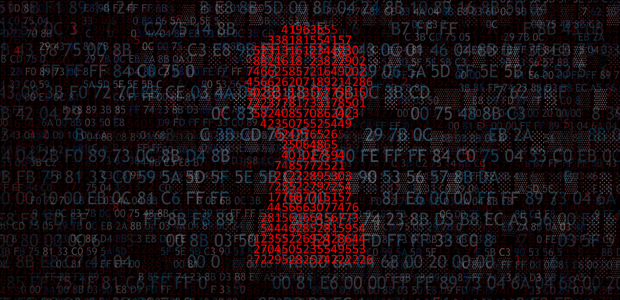Reports reveal massive scale of Russian disinformation ops
Russian influence operations aimed at the U.S. electorate were more widespread than previously known and remain ongoing to this day, according to two new reports.

Russian influence operations aimed at the U.S. electorate were more widespread than previously known and remain ongoing to this day, according to two new reports that analyzed years of content and data handed over by social media companies.
The Russia-based Internet Research Association (IRA) leveraged Facebook, Twitter, Instagram and nearly all of Google's subsidiaries "to support the creation and validation of false personas" that ran or coordinated much of the online activity. Reddit, Tumblr, Pinterest and Medium have also said they have discovered similar IRA activity on their websites and platforms. There was also a coordinated presence on smaller or niche sites.
Researchers at New Knowledge pointed the finger directly at social media companies for being slow to recognize the problem and less than forthcoming with government investigators when they did.
"None of the platforms (Twitter, Facebook, and Alphabet) appears to have turned over complete sets of related data to [the committee]," the authors wrote. "Regrettably, it appears that the platforms may have misrepresented or evaded in some of their statements to Congress."
A report from the Computational Propaganda Research Project at Oxford University went into highly granular detail on social media spending and targeting by IRA operations on social media platforms and the volume of sharing. Some 30 million Facebook and Instagram users shared IRA content between 2015 and 2017. Additionally the report noted that spending on these campaigns was reported by social media companies in rubles in their statements to the Senate Select Committee on Intelligence (SSCI).
Researchers said they believe the focus of the media on automation and bots is misplaced, saying the agency also ran "human operated precision personas" to develop more authentic relationships with American citizens.
SSCI shared the independent reports along with statements from lawmakers on Dec. 17.
Sen. Richard Burr (R-N.C.), chair of the Senate Intelligence Committee, said the data "demonstrates how aggressively Russia sought to divide Americans by race, religion and ideology" and served as a warning to policymakers and social media platforms that further cooperation is needed to address ongoing operations.
Sen. Mark Warner (D-Va.), the ranking Democrat on the committee, said he hoped the reports spur lawmakers into substantive discussions about legislation to regulate the "Wild West" nature of social media.
Researchers said they are still unable to quantify the extent to which IRA operations may have successfully changed or altered voting patterns in the American electorate, but said that social media companies might have data that sheds additional light on the question.
"The extent to which they changed, rather than merely reinforced, minds is difficult to answer," New Knowledge researchers wrote. "Facebook and Instagram have additional data that could help answer that question. They know how engaged the Page audiences were, what the comments said, and to what extent user behavior changed after engaging with the content."
Alex Stamos, who served as Facebook's chief information security officer before leaving earlier this year, said that policymakers are in a "historically unique situation" where no one party has access to all the information and further coordination is needed between the U.S. government and tech companies to discover more about what operations may be in store for 2020.
"These information battles are being waged on battlefields owned by private companies," Stamos said on Twitter. "The companies have visibility of posts, inter-personal [communications] and metadata. The [intelligence community] has strategic knowledge, HUMINT and offensive capabilities."





